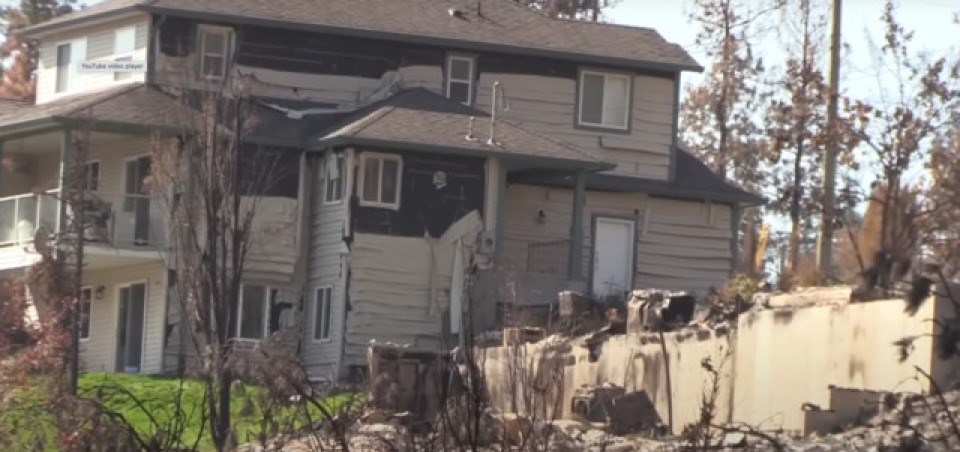Small wildfires that popped up over the weekend in the Okanagan are a reminder that fire season is coming. The (IBC) is advising sa国际传媒 residents to check their home insurance policies to make sure they have adequate coverage.
“As reported by the BC Wildfire Service, there are more than 90 active wildfires across the province, with many still burning from last year’s record-breaking season,” said Rob de Pruis, national director of consumer and industry relations at IBC. “The 2023 wildfire season was the most destructive in British Columbia’s history, and 2024 has the potential to be another intense wildfire year.”
IBC is offering 10 tips to protect your home before and during wildfire season.
Ways to be prepared year-round:
- Install and regularly maintain smoke and CO alarms in your home. Remove dust from your alarms, replace batteries when the clocks change in spring and fall, test alarms regularly and replace them at least every 10 years.
- Create an emergency preparedness plan and a disaster safety kit for your family. Develop a fire evacuation plan, practise it and stick to it in an emergency. Also, prepare a basic kit of food, water and other necessities in case of evacuation
- Keep your insurance policy number and insurance company claims department phone number with you. If your home is damaged or you are evacuated, you will be able to contact your insurer more easily to start the claims process. Review and understand what coverage you have, and how your policy will respond if a wildfire affects you.
Actions you can take now, particularly if you live near a forest or wooded area:
- Prepare your home. Check that your home’s roof and exterior walls and the undersides of balconies are treated with flame-resistant materials.
- Properly store flammable materials. Store gasoline, solvents or other materials that may ignite, at least 10 metres away from your home.
- Remove dry leaves and debris. Keep leaves, other dry materials and potentially flammable garbage away from the exterior of the house, especially if you have wood or vinyl siding.
- Manage space around your home. Remove combustible material such as shrubs, trees and woodpiles within 10 metres of your home.
- Read these valuable resources from for in-depth information about wildfire resilience and steps you can take to minimize wildfire risk
During the wildfire season:
- Stay informed about the weather. Be sure to monitor local and provincial information sources for fire bans and warnings.
- Pay attention to fire danger ratings. Take note of and obey fire bans and restrictions to know the likelihood of, and prevent, wildfire igniting in your region. Check your local government's website for more information.
“IBC is urging sa国际传媒 residents to stay alert and follow the advice of local authorities when it comes to fire bans,” added de Pruis. “In the event that you are evacuated, make sure you plan as you could be out of your home for more than one or two days. Last year, many individuals and families were displaced for several days or longer.”
Severe weather in 2023 caused in insured damage across sa国际传媒, including wildfires. Insured losses related to severe weather now routinely exceed $2 billion annually. Between 2001 and 2010, Canadian insurers averaged $675 million a year in losses related to severe weather.
IBC is in discussion with the federal and provincial governments on ways to improve the climate resilience of communities across the country.

